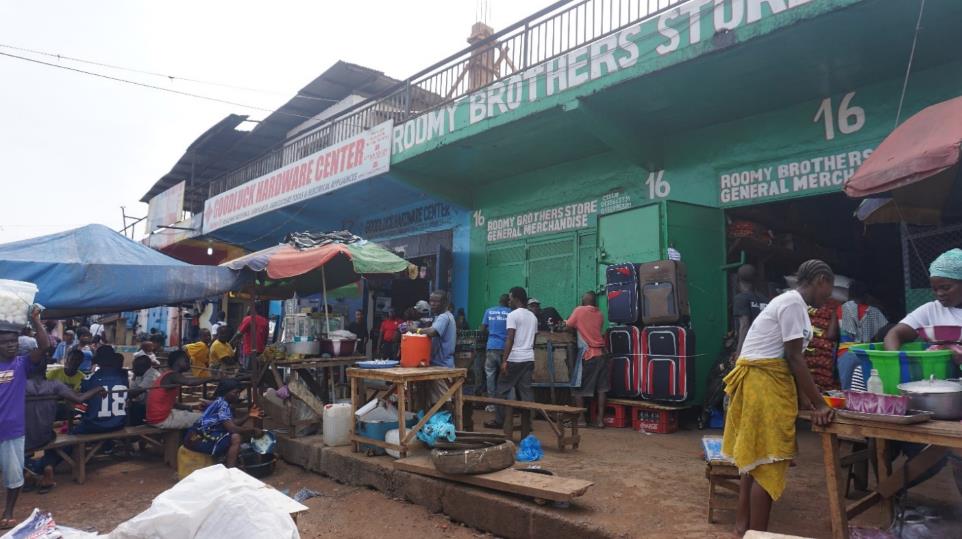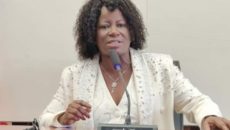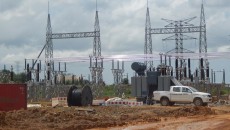The 15th iteration of the Doing Business Report, a flagship product of the World Bank Group, has been released, with Liberia placing 172nd. That rank is two places higher than the previous year when the country ranked 174th out of 190 economies worldwide.
The Doing Business 2018 Report focused on helping economies change and impact their communities, with a theme of ‘reforming to create jobs.’ Countries were ranked based on regulatory areas through improved and objective measures that are investigated for procedures that enhance business activity and those that hinder it, as measured by its latest report, Doing Business 2018.
The findings rate the efficiency and quality with which an economy facilitates the ease of starting a business, getting a location, accessing finances, dealing with day-to-day operations, and operating in a secure business environment.
Liberia’s overall ease of doing business based on an evaluation that focused on the city of Monrovia. The ranking reflects the measure of indicators based on starting a business, dealing with construction permits, getting electricity, registering property, getting access to credit, protecting minority investors, paying taxes, trading across borders, enforcing contracts, and resolving insolvency.
As part of a reform making it easier to do business, Doing Business 2018 saw Liberia make a significant improvement in the area of Resolving Insolvency. The reform is a result of Liberia introducing a legal framework for corporate insolvency, making liquidation and reorganization procedures available to debtors and creditors.
Liberia also recorded a narrow improvement in Starting a Business, but the country has long performed better than average in this area. The indicator is a measure of the paid-in minimum capital requirement, number of procedures, time and cost for a small to medium-sized limited liability company to start up and formally operate in an economy’s largest business city.
According to the report, starting a business in Liberia on average takes six days, ranking 54th among world economies, better than Rwanda (78th), Sierra Leone (83rd), Ghana (110th), and Kenya (117th).
With regards to Paying Taxes, the indicators included the taxes and mandatory contributions that a medium-size company must pay or withhold in a given year, as well as the administrative burden in paying taxes and contributions.
Liberia ranked 69th, better than Sierra Leone (85th), Kenya (92nd) and Ghana (116th), but Rwanda had a better ranking of 31st. Nevertheless, it is a step up from 2016 when Liberia made paying taxes more complicated for companies by introducing a minimum corporate income tax.
Despite these few bright spots, Liberia continues to linger in the bottom 20 because, according to the report, the country has made little or no impact in the areas of Dealing with Construction Permits, Getting Electricity, Registering Property, Getting Credit, Protecting Minority Investors, Trading Across Borders and Enforcing Contracts.
It is unclear, though, why the report did not register Liberia as having improved its access to and cost of electricity. Since the last report was published, the Liberia Electricity Corporation has reduced tariffs twice – from US$0.49 to US$0.39 and then to US$0.35. That total difference represents a reduction of 28.6 percent (the report still uses the previous year’s figure of US$0.55). Additionally, whereas in the previous year’s report, the reliability of electricity supply was included in calculating Liberia’s rank, this year saw Liberia receive the lowest possible ranking,
As President Ellen Johnson Sirleaf closes out her second and final term, it is unsurprising that Liberia’s rank in the important economic report has not significantly improved. It has gone from 170th of 178 countries in the 2008 report to 172nd out of 190 countries now.
The country’s high level of poverty and unemployment is often cited as one of the stains of Sirleaf’s presidency. To be fair, Liberia made a significant improvement in reducing the average number of days to start a business from 69 days when Sirleaf first took over to six days now. The number of procedures has also reduced from 11 to 5. However, almost every other indicator was stagnant or did not improve significantly.
Featured photo by Zeze Ballah



